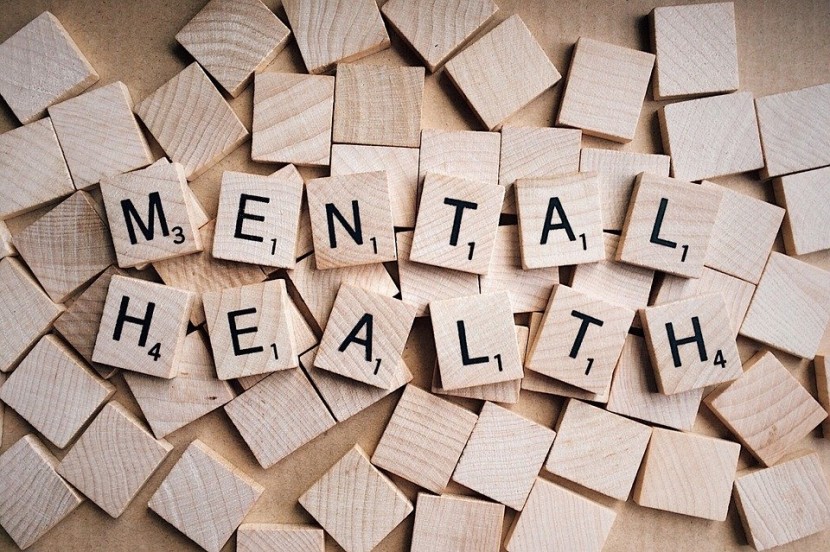
Mental distress is becoming prevalent in countries around the globe due to the COVID-19 pandemic, more so among health care workers and children, according to the United Nations and the World Health Organization (WHO).
WHO Director-general Tedros Adhanom Ghebreyesus, the repercussions of the novel coronavirus pandemic on the public's mental health is extremely concerning.
Aside from mental health, the dire consequences of the coronavirus are evident from physical symptoms to economic complications.
The United Nations (UN) is clanging alarm bells that the coronavirus presents a menace that health officials must not underestimate.
"The COVID-19 virus is not only attacking our physical health; it is also increasing psychological suffering: grief at the loss of loved ones, shock at the loss of jobs, isolation and restrictions on movement, difficult family dynamics, uncertainty and fear for the future," according to UN Secretary-General António Guterres in a video message initiating a mental health policy brief this week.
The WHO has also cautioned that the coronavirus "may never go away" while its experts foretold that a worldwide mental health crisis brought upon by the pandemic was taking shape.
On Wednesday, the global health body warned against attempting to predict the duration of the coronavirus' circulation and called for a "massive effort" to surpass the crisis.
This is transpiring as millions of people across the globe are surrounded by fatalities, mandatory illness isolation, anxiety on the pandemic, and poverty, UN health experts remarked on Thursday.
"The isolation, the fear, the uncertainty, the economic turmoil -- they all cause or could cause psychological distress," according to Devora Kestel, director of the WHO's mental health department.
Also Read : 66% of Coronavirus Patients in NY Stayed Home
Kesel said while presenting a UN report and policy guidance on the coronavirus and mental health, soar in the tally and severity of mental illnesses is possible, and governments should place the issue "front and center" of their responses.
Although the global coronavirus crisis, on the surface, is a physical health crisis, it also has the roots of a major mental health crisis if action is not taken.
Psychological distress within populations is prevalent as numerous people are emotionally affected due to the immediate health effects of the coronavirus and the repercussions of physical isolation.
According to a recent UN policy brief released on Thursday, while the pandemic is ongoing, 47% of Canadian health care workers have requested for psychological support; 50% of Chinese health care workers reported depression, and 42% of Pakistani health care workers reported average psychological distress and 26% critical psychological distress.
Parents in Italy and Spain have reported that during the confinement due to the pandemic, 77% of children have struggled to concentrate; 39% have reported restlessness and irritability; 38% have reported nervousness; and 31% had feelings of loneliness, stated in the brief.
Guterres remarked in the brief, "Mental health problems, including depression and anxiety, are some of the greatest causes of misery in our world."
The UN discovered that prior to the detection of the coronavirus, depression was diagnosed in some 264 million people globally, and suicide was the 2nd leading cause of death in populations aged 15-29.
Related Article : 'Unemployed' Thai Elephants Return Home Amid COVID-19








